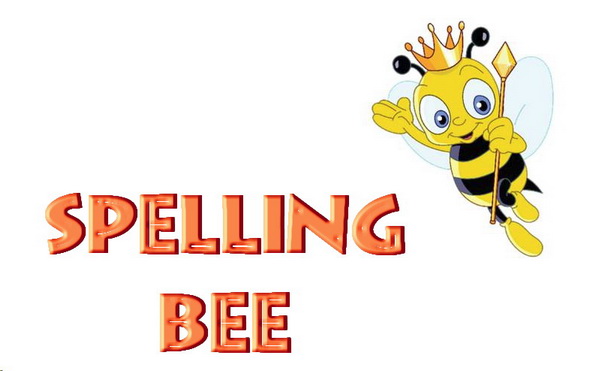Most people around the world are familiar with spelling bee contests. It is a competition in which participants are required to spell a wide selection of words, involving different levels of difficulty. In order to compete, contestants are supposed to memorize the spellings of various words chosen and spell them out verbally. Children often start engaging in spelling bees in grade school, and the competition is either among classmates or between different sections depending on the school. Spelling bee competitions are known to confuse contestants with odd pronunciations and large terms, this makes the competition difficult and tricky. But with the right spelling bee practice, the competition can become unchallenging, making it easier to win.
Rules and Regulations
Before participating, it is vital to understand the rules that form spelling bee contests which allow the participants to maintain their pace and to be completely ready. It all starts with the preliminary round; this is where participants take a written test before advancing to the oral phase. Contestants won’t be eliminated if they end up making a mistake in the test, which means they can still compete further. There is a limit of 36 points in this test, and if the speller does not get a full score, they can still be eligible to compete in the semi-finals if they are among the 50 top-scoring candidates.
However, after 2013, spelling bee participants are also required to know the meaning of the word that is asked to spell. The reason why this rule has been set is that if contestants are familiar with the word and its origin including the rules of spelling in different languages along with English, it is possible for contestants to easily know how a word is spelled without actually knowing what it might mean. In 2006, a spelling bee’s finalist known as Emily Stagg proposed that people who organize this competition should rather make the National Spelling Bee a “definitions bee” because it is a well beneficial factor when it comes to education and teaching purposes.
Following the preliminary round, the qualified spellers meet in Maryland which is before the actual championship is broadcast live across the world. Contestants are now asked to take virtual vocabulary and spelling tests, with the definitions included. The points from the spelling and vocabulary elements are equally divided, this means that both factors are required to be among the top 50 contestants who advance to the semifinals. Before the semifinals, there are 2 extra rounds of verbal spelling, the top 50 spellers remaining compete in round 4, in which they are required to complete a multiple-choice vocabulary test and 2 rounds of oral spelling.
Lastly, only 12 remain to reach the national finale. In the final stage, spellers go through differing rounds of oral spelling. There is a 2-minute time limit in which each contestant is required to spell one word and the time starts the second the pronouncer says the word. The rules applying to the final round are elementary, if a word is spelled incorrectly, the contestant is simply eliminated from the spelling bee. Competitors spell their words correctly and advance till one of them wins. These rules are based on and in reference to the widely known Scripps National Bee.
Selection of words
People competing in a spelling bee contest must wonder about the word they are asked to spell. The words are not randomly picked out of a continuous pool or googled, instead, there are committees responsible for selecting each word for the competition. The committee consists of twelve people who make a list of roughly 1000 words for the forthcoming championship. These words are then evaluated based on the word count, difficulty, and etymological origins in order to balance them out.
Choosing the words for the competition is not an easy task and the committee appointed for the job spend their entire summer enhancing their list before the actual contest. At the end of the summer, they have meetings over a course of two days to discuss individual lists creating rough drafts for the authentic list which is to be used in the coming competition. The words selected by the committee are usually based on the numerous articles and books they read or from anywhere else where they wish to include it.
Vocabulary
It is important for spelling bee contestants to be familiar with the incredible selection of words offered in the English language. This will allow them to easily identify and recall the words asked to spell, which is advantageous when it comes to winning the competition. Taking an English Vocabulary Test will allow participants to know where they stand in acquaintance with several words involving the English language. The words are of various types and counts, and some of the letters and pronunciation can cause uncertainty which can lead to mistakes.
Preparation
Preparing for a spelling bee competition does not only require good vocabulary skills, it can depend on numerous factors such as understanding phrases, adaptation, pace and most importantly spelling itself. www.spellquiz.com helps in perfecting all sorts of skills required before competing in a spelling bee, ensuring that a contestant is all set for the contest!
